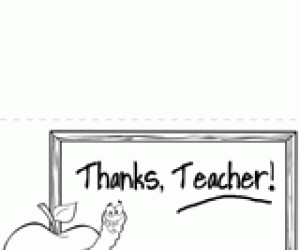Quiz
1. Haiku originated in:
- France.
- China.
- Japan.
2. A type of poetry that does not require rhyme or metrical structure is called:
- Litotes.
- Free verse.
- Narrative.
3. "World broods with warm breast and with ah! bright wings" (Gerard Manley Hopkins)
The above line is an example of:
- Alliteration.
- Apostrophe.
- Antithesis.
4. Personification is:
- Writing poems about people.
- Writing about things as if they were people.
- A poem written for a specific person.
5. "Hope is the thing with feathers—/ That perches on the soul—" (Emily Dickinson)
The above lines are an example of:
- Metaphor.
- Simile.
- Pentameter.
6. "Let me not to the marriage of true minds/ Admit impediments . . ." (William Shakespeare)
The above lines are an example of:
- Conceit.
- Consonance.
- Canzone.
7. A word used to imitate a sound is known as:
- An ode.
- Ottava rima.
- Onomatopoeia.
8. All Shakespearean sonnets end with a:
- Spondee.
- Couplet.
- Senryu.
9. Similes are different from metaphors in that they:
- Use the word like or as.
- Compare two things that are similar.
- Compare things not related.
10. "Why does a boy who's fast as a jet/ Take all day—and sometimes two—/ To get to school?" (John Ciardi)
The above lines are an example of:
- Idyll.
- Heptameter.
- Hyperbole.
1. Haiku originated in:
Japan.
2. A type of poetry that does not require rhyme or metrical structure is called:
Free verse.
3. "World broods with warm breast and with ah! bright wings" (Gerard Manley Hopkins)
The above line is an example of:
Alliteration.
4. Personification is:
Writing about things as if they were people.
5. "Hope is the thing with feathers—/ That perches on the soul—" (Emily Dickinson)
The above lines are an example of:
Metaphor.
6. "Let me not to the marriage of true minds/ Admit impediments . . ." (William Shakespeare)
The above lines are an example of:
Consonance.
7. A word used to imitate a sound is known as:
Onomatopoeia.
8. All Shakespearean sonnets end with a:
Couplet.
9. Similes are different from metaphors in that they:
Use the word like or as.
10. "Why does a boy who's fast as a jet/ Take all day—and sometimes two—/ To get to school?" (John Ciardi)
The above lines are an example of:
Hyperbole.





